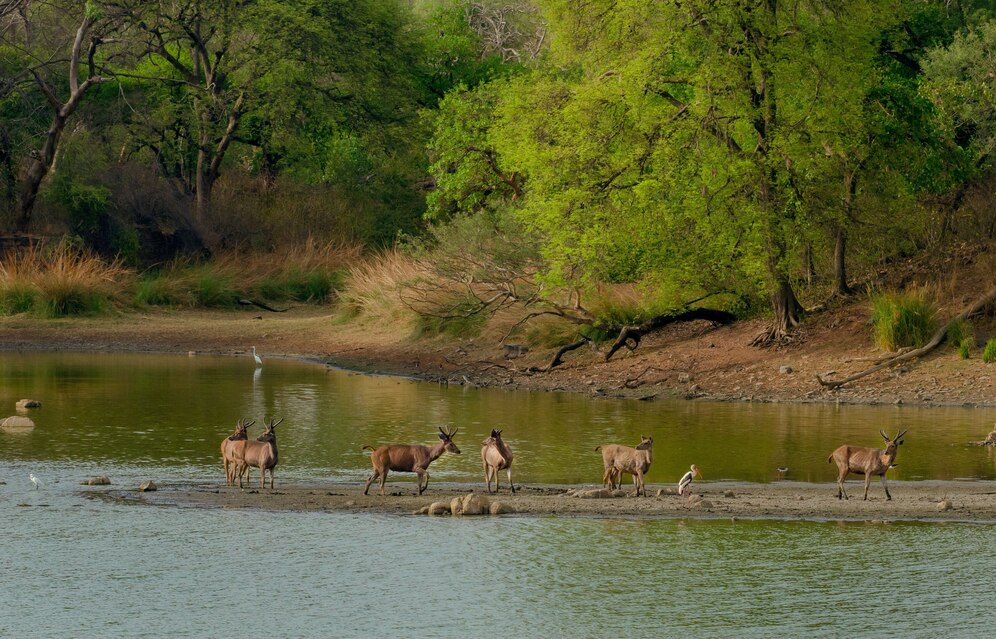The Okavango Delta, a UNESCO World Heritage Site and one of the Seven Natural Wonders of Africa, offers an unparalleled opportunity for eco-tourism and adventure travel. With its stunning landscapes, diverse wildlife, and intricate network of waterways, it is a prime location for mobile safari businesses. Launching such an enterprise in this pristine environment can be both lucrative and fulfilling, but it requires careful planning, regulatory compliance, and a strong commitment to conservation and local engagement.
Understanding the Market
Botswana’s tourism industry is a key pillar of its economy, with the Okavango Delta drawing thousands of high-end and adventure tourists annually. Mobile safaris—where guests are guided through different parts of the Delta while camping in temporary, often luxurious setups—offer a more immersive experience than traditional lodges. This appeals to travelers seeking authenticity, flexibility, and intimacy with nature.
Legal and Regulatory Requirements
Starting a mobile safari business in Botswana involves navigating a detailed licensing process through the Department of Tourism. Key requirements include:
- Business registration with the Companies and Intellectual Property Authority (CIPA)
- Tour operator license, which is issued after meeting specific criteria including experience in tourism, a sound business plan, and proof of financial capability
- Environmental approvals from the Department of Environmental Affairs, ensuring that proposed operations are eco-friendly and sustainable
- Land access agreements or concessions, often managed through the Botswana Tourism Organisation (BTO) or local community trusts
It’s also important to comply with Botswana’s policies that prioritize citizen participation. Foreign investors may need to partner with local stakeholders to be eligible for certain permits or concessions.
Building the Right Team and Equipment
Qualified safari guides with professional certifications (such as from the Botswana Wildlife Training Institute) are essential. They should be knowledgeable in wildlife behavior, first aid, vehicle maintenance, and guest safety. Support staff including chefs, camp assistants, and drivers are also crucial.
Investment in reliable safari vehicles, camping gear, and communication equipment is non-negotiable. Many operators opt for customized 4x4s and mobile tents outfitted with basic or luxury amenities, depending on the target market.
Crafting a Unique Experience
To stand out in a competitive market, a mobile safari business should offer something distinctive. This could include:
- Specialized tours, such as bird-watching safaris, photographic safaris, or walking safaris
- Cultural experiences, involving visits to local villages and interactions with indigenous communities
- Eco-conscious practices, such as solar-powered camps, biodegradable toiletries, and waste-reduction strategies
Exceptional customer service, personalized itineraries, and expert guiding also go a long way in generating positive reviews and referrals.
Marketing and Booking
Building a strong online presence through a professional website and active social media profiles is essential. Collaborations with international travel agencies, participation in tourism expos, and listings on booking platforms like SafariBookings or TripAdvisor can boost visibility.
Targeting eco-tourists, luxury travelers, and adventure seekers from North America, Europe, and Australia often yields the best returns. Consistent branding and storytelling that reflect the magic and authenticity of the Okavango are powerful marketing tools.
Starting a mobile safari business in Botswana’s Okavango Delta is a venture that combines the thrill of wilderness exploration with responsible entrepreneurship. While the initial investment and regulatory process can be demanding, the rewards—both financial and personal—are immense. With thoughtful planning, a conservation-first approach, and a deep respect for the land and its people, a mobile safari operation can thrive and contribute meaningfully to Botswana’s sustainable tourism landscape.










